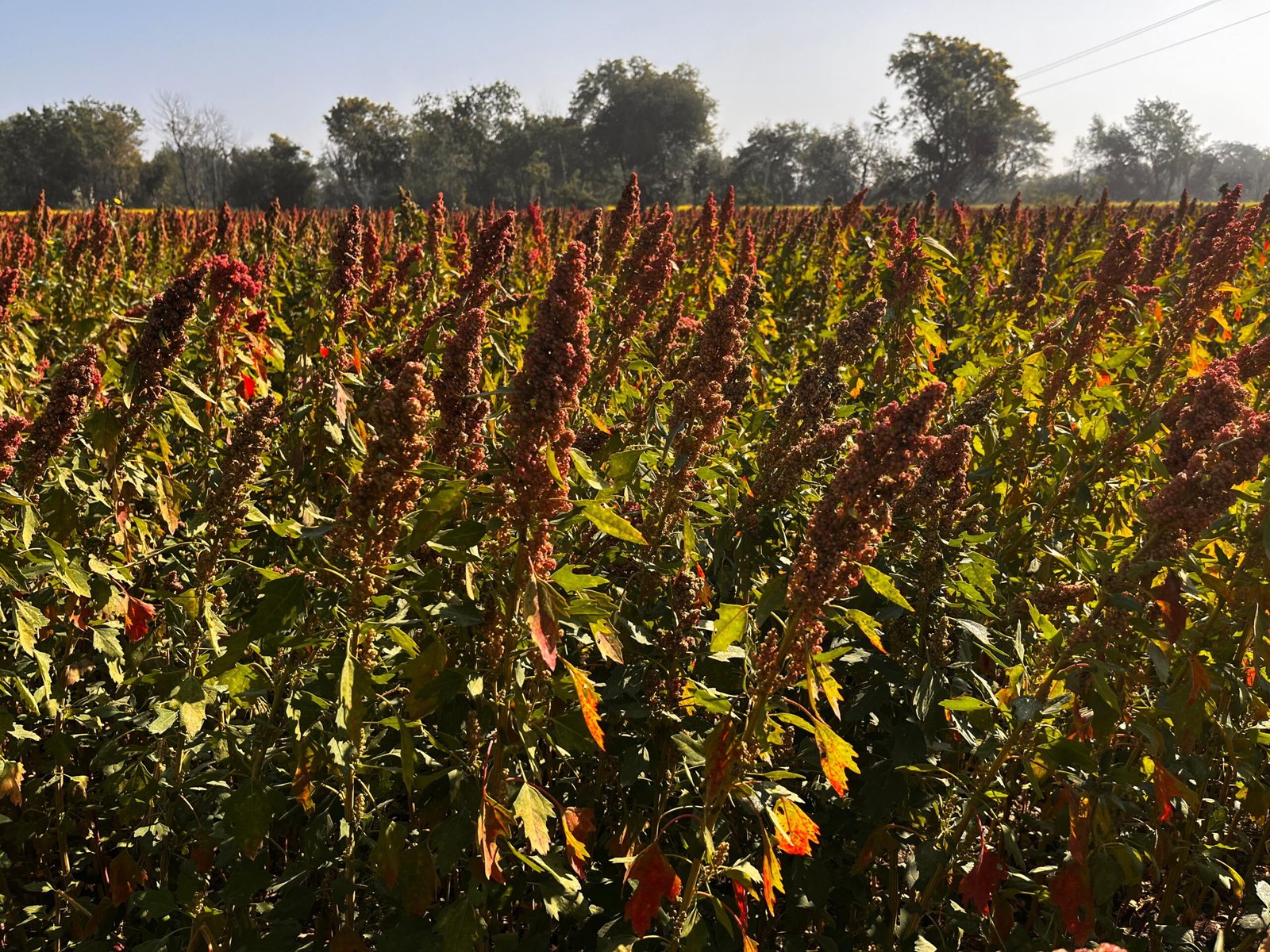Currently Empty: ₹0.00

The Rise of Quinoa: New Challenges and Opportunities for Global Agriculture
Quinoa, once a staple food of the ancient Incas, has exploded in popularity worldwide in recent years. Celebrated as a “superfood” for its complete protein profile and rich nutrient content, it’s become a go-to choice for health-conscious consumers. But as quinoa’s demand skyrockets, a crucial question arises: can we cultivate this wonder grain sustainably for the future?
Challenges on the Horizon:
Quinoa’s journey from Andean foothills to supermarket shelves isn’t without its hurdles. Let’s dive into the potential pitfalls:
- Thirsty Crops, Strained Resources: Quinoa requires significant water, posing a risk in regions already facing scarcity. This raises concerns about soil erosion and depletion, impacting long-term agricultural sustainability.
- Biodiversity Blues: Expanding quinoa farms could threaten fragile ecosystems and displace valuable native plants. Balancing economic gains with environmental protection is crucial.
- Fair Trade or Unfair Game?: As demand surges, ensuring fair prices and practices for farmers becomes crucial. Ethical sourcing and fair trade certifications are essential to prevent exploitation of local communities.
- Pricey Superfood or Accessible Staple?: While quinoa boasts nutritional benefits, its current price tag often excludes low-income populations. Finding ways to make this superfood more accessible is essential for global food security.
Hope Sprouts: Embracing Sustainable Solutions:
The challenges are real, but there’s room for optimism. Here’s how we can pave the way for a brighter future:
- Innovation Breeds Abundance: Researchers are developing drought-resistant quinoa varieties, minimizing water needs and safeguarding soil health. Additionally, implementing water-saving irrigation techniques and exploring regenerative farming practices offer promising solutions.
- Beyond the Grain, A World of Possibilities: Diversifying quinoa products beyond just grains unlocks its full potential. From quinoa flour for gluten-free baking to protein-rich pasta, these innovations can expand markets and create new income streams for farmers.
- Building Ethical Bridges: Promoting fair trade practices and supporting farmer cooperatives ensures equitable distribution of profits. This empowers local communities and encourages sustainable production methods.
- Collaboration is Key: Working together, researchers, farmers, governments, and consumers can create a more sustainable quinoa industry. Sharing knowledge, developing responsible sourcing guidelines, and promoting consumer awareness are all crucial steps.
The Future of Quinoa: A Balancing Act:
Balancing economic growth with environmental and social responsibility is the key to quinoa’s sustainable future. By embracing innovation, fostering ethical practices, and promoting responsible consumption, we can ensure this ancient grain nourishes not just our bodies, but also our planet for generations to come.
Join the Movement:
- Choose sustainably sourced quinoa and support companies like Queens Quinoa Pvt Ltd committed to fair trade practices.
- B2B clients can encourage their local grocery store to stock a wider variety of quinoa products.
- Spread awareness about the challenges and opportunities surrounding Quinoa on social media.
Together, we can write a more sustainable story for this wonder grain, ensuring its benefits reach communities across the globe for years to come.

